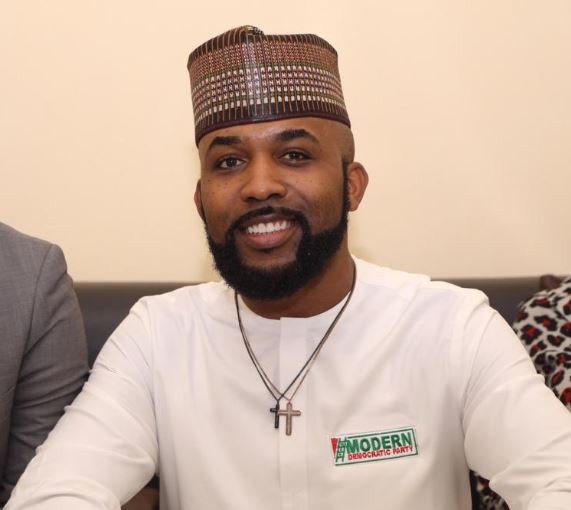Genevieve Nnaji Speaks on the Inspiration Behind her Movie, Lion Heart
Overtime, star actress, Genevieve Nnaji has proved herself as one of the golden talents of the Nigerian movie industry. Over the years, the actress has metamorphosed from being a good actress across movie genres and now, to debuting as a movie director.
Her first movie as a director, ‘Lion Heart’, has already began to amass great success. From being adapted by Netflix as their first Nigerian indigenous movie, to a successful premiere at the Toronto International Film Festival (TIFF), the movie is certainly one of the most anticipated Nigerian movies of the year.
Speaking in an Interview with Women and Hollywood, the actress shares some insights into the inspiration behind her directional debut.
Genevieve Nnaji’s interview with Women and Hollywood.
The actress speaks on the issues that lead to her putting the movie together and her hopes for African stories. According to her, she has always had a thing for visual storytelling. Among the many untold African stories, she hopes to use this movie to speak of African family values and the challenges faced by women in male dominated industries. She however, notes that she wants people to see the countless opportunities that comes with people working together.
She describes ‘Lion Heart’ as:
An inspiring drama about family values, succession, and most importantly, female empowerment. It highlights the various challenges faced by women, particularly in male-dominated industries.”
On the thoughts behind the story, she said:
The message and the environment which forces a heroine to shoulder the load. Questions of succession, gender roles, and traditional versus modern ideals surround the story. Plus, that it was rooted in African culture which made it even more fascinating. So, drawing inspiration from a close friend and family run businesses in Nigeria, ‘Lionheart’ was created.”
Genevieve Nnaji also spoke on the motif of the story;
I want people to reflect on the endless possibilities of growth and success that come with men and women, the old and the young, working together: a world where insecurities are tackled and equality is encouraged.
We need to be more open and accepting of competition instead of feeling threatened by it,” she added.
She placed being a director and actor as her biggest challenge in making the movie:
Playing both roles of director and lead actor,” she says. “Fortunately, I was surrounded by a very efficient and effective crew. With their help, plus adrenaline and sheer determination, we were able to make a movie.
The actress has this to say about what inspired her to be a filmmaker:
I’ve always had a hunger for visual storytelling. There is so much material out there that is still untold — countless real-life stories from within and outside Africa, and today, we have the chance to tell it ourselves. My hope is that Africans will have adequate representation globally, and be given a seat at the table in big studio productions as we continue to grow and improve from within the continent.
I also believe that my generation of women need to continue to work at paving a path better than the one that exists today for the future generation of women in film.


